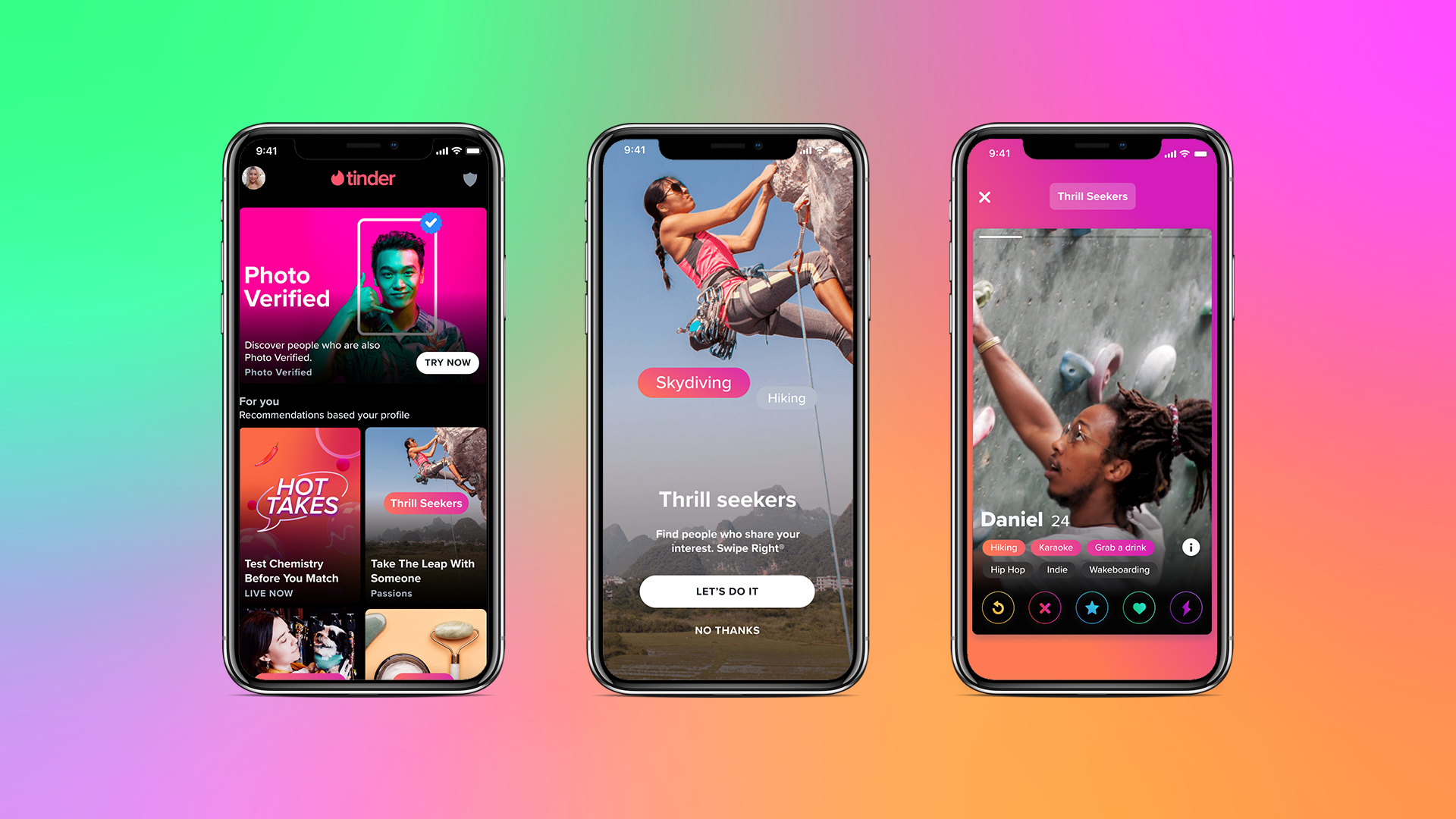Who came up with the nifty idea?
It came from a conversation I had with INSEAD Asia Campus contact Chua Seng Teong, who’s now the vice-president for strategy at Kezaar. We both had our own networks of vivacious and multi-talented friends who always made time outside of their day jobs to develop skills such as sports photography and even wine pairing. We called them “amateur-sionals”, and thought it’d be great to come up with something where they could showcase their talent.
So Kezaar is a skills-sharing platform?
It is, but it’s also a great way to give back to society—with every booking made on Kezaar, we’ll contribute 50 cents to a charity the user has selected. It adds a feel-good element to the user’s overall learning experience. Users can pick up new skills and contribute to a cause they care about—how cool is that?
Women in business—what’s your take on it?
For a start, I don’t see myself as a female CEO, just a CEO. Why should women be straitjacketed in this way? I’m “gender blind”—to me, merit speaks loud and clear, be it in pants or a skirt! I’ve never felt different from a man in terms of starting and managing a business and I’m not particularly sensitive about my gender; I focus on my expertise, experience and vision. The only circumstance where my gender gets more attention is perhaps in the technology sector, but that’s only because a tech-based business is expected to run by a roomful of software engineer-type blokes in T-shirts and jeans.
What kind of mad skills do you need to have to be an entrepreneur?
Plenty! Entrepreneurs need to be “shameless”—not take “no” for an answer—and be prepared for grueling hours. They need to have lots of stamina and tenacity.
Any role models?
I admire Olivia Lum a lot. She started building Hyflux at the age of 28, and it turned into a billion-dollar regional business. In addition to an inspiring personal background, Lum challenges the notion of women slanting towards “softer” industries, as Hyflux deals in water and chemical infiltration.
Starting a fun initiative like this must be hard—what’s been the biggest challenge so far?
We faced many skeptics from the investors’ circle, who had difficulty visualizing our product and understanding our hybrid business model that supports charities. We recognized the positive impact Kezaar could have in the social enterprise and learning space, so we went ahead without external funding.
How do you define success?
I’m very unimpressed by the clichéd definitions of success out there that are almost always related to financial achievements. Our lives are multi-faceted. There are many who have accumulated great monetary wealth but are emotionally bankrupt. It’s not about what we own, but what we do with what we have. To me, success is about how strongly a person’s positive impact can be felt after his demise.





